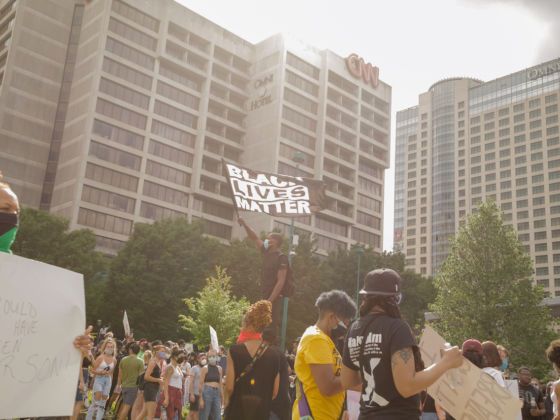People around the world have felt a sense of helplessness after the unjust killing of George Floyd in Minnesota on May 25. There are many active protests that rally support for the Black Lives Matter movement happening in the US and internationally, but protesting isn’t the only way you’re able to help the cause.
Protesting isn’t an option for everyone, particularly at a time when COVID-19 is still a threat. Whether you have concerns about public or personal health, mobility or crowd issues, live in a geographically remote area, or simply feel unsafe participating, you need not feel guilty about being unable to attend a physical protest. But you still should show up in another way — and not just posting a black box on Instagram.
Here’s how to support the Black Lives Matter movement in meaningful, tangible ways.
